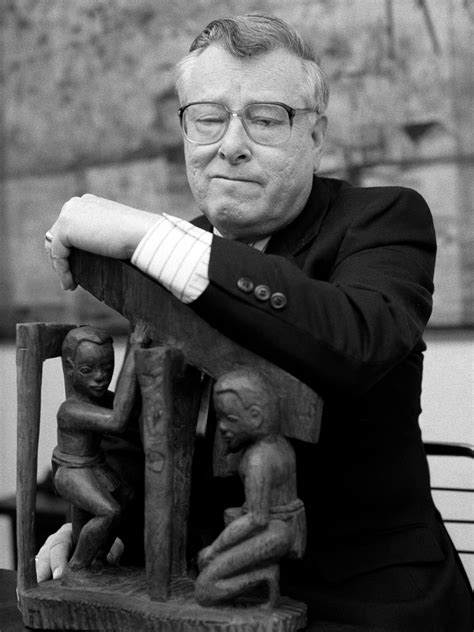A Quote by Emily Barton
I do think that the idea of writer's block can be very self-defeating for most writers because it's taking a lot of things that are not only real problems, but that are manageable, solvable problems if you look at them in an individual fashion, and lumping them under the umbrella of something mysterious and vague, which makes it very, very difficult to address what's going on.
Related Quotes
People who have only good experiences aren't very interesting. They may be content, and happy after a fashion, but they aren't very deep. It may seem a misfortune now, and it makes things difficult, but well--it's easy to feel all the happy, simple stuff. Not that happiness is necessarily simple. But I don't think you're going to have a life like that, and I think you'll be the better for it. The difficult thing is to not be overwhelmed by the bad patches. You must not let them defeat you. You must see them as a gift--a cruel gift, but a gift nonetheless.
Indian higher education is completely regulated. It's very difficult to start a private university. It's very difficult for a foreign university to come to India. As a result of that, our higher education is simply not keeping pace with India's demands. That is leading to a lot of problems which we need to address.
[People] are trying to - they're trying to create something that solves a series of very complex problems inside of them or in their history. And I think when I unknowingly - when I went to do that, that's what I was - I was trying to integrate all of these very difficult things that I'd been unable to integrate in my life and in my life with my parents.
You don`t have any problems - only this much has to be understood. This very moment you can drop all problems. because they are your creations. Have another look at your problems: the deeper you look, the smaller they will appear. Go on looking at them and by and by they will start disappearing. Go on gazing and suddenly you will find there is emptiness - a beautiful emptiness surrounds you. Nothing to do, nothing to be, because you are already that.
The most successful executives are often men who have built their own companies. Ironically their very success frequently brings to them and members of their families personal problems of an intensity rarely encountered by professional managers. And these problems make family businesses probably the most difficult to operate.
Teaching and writing, really, they support and nourish each other, and they foster good thinking. Because when you show up in the classroom, you may have on the mantle of authority, but in fact, you're just a writer helping other writers think through their problems. Your experience with the problems you've tried to solve comes into play in how you try to teach them to solve their problems.
I told [a big investor in The New Yorker] - I was complaining the way writers complain.I said`[Bill Shawn] pays very well, but a lot of my pieces don't get in,' and that was true of most of the writers there.But he pays you for them, that was very nice of him. This guy didn't think it was very nice. He figured, `Oh, my God, that's more of my investment gone,' and paying money to writers for not printing them. That became, apparently, one of his weapons against Shawn when he - in the corporate skirmishes that went on. It was a bad mistake on my part.
The great things in life are what they seem to be. And for that reason, strange as it may sound to you, often are very difficult to interpret (understand). Great passions are for the great of souls. Great events can only be seen by people who are on a level with them. We think we can have our visions for nothing. We cannot. Even the finest and most self-sacrificing visions have to be paid for. Strangely enough, that is what makes them fine.
We don't look at problems logically, we look at them emotionally. We look at them through the guts. We look at them as if we're doing a high school problem, like what is beautiful, what makes me recognized among my peers. We don't go and think about things. We, as a society, don't wish to engage in rational thought.






































